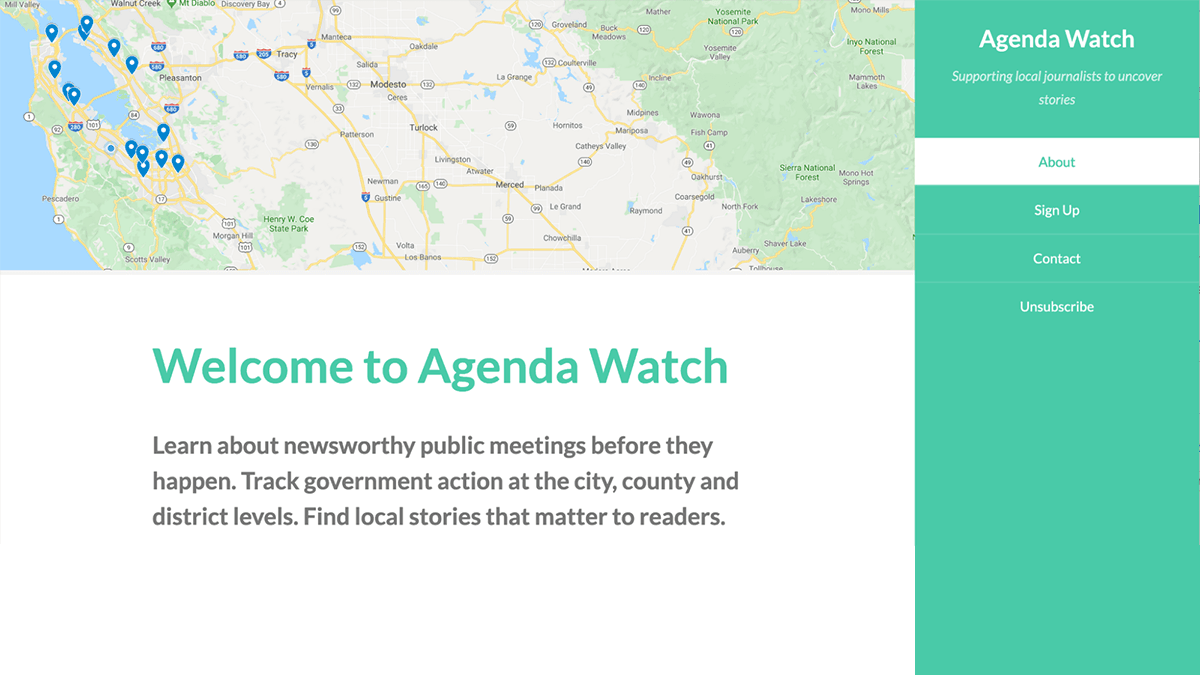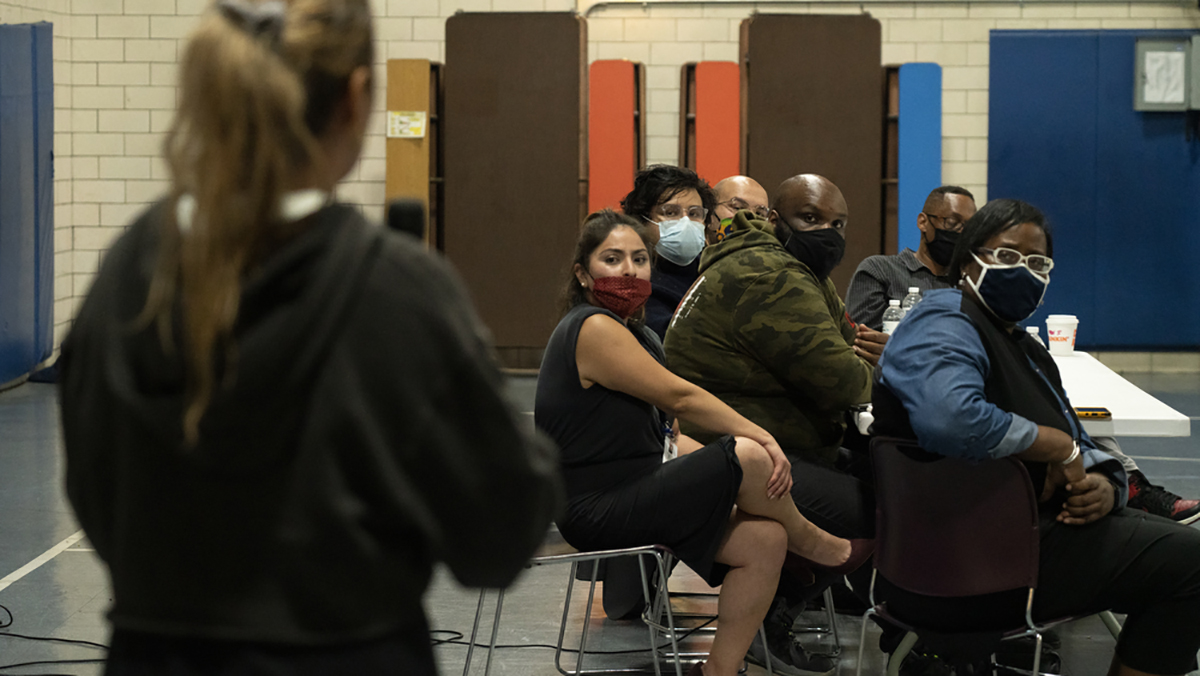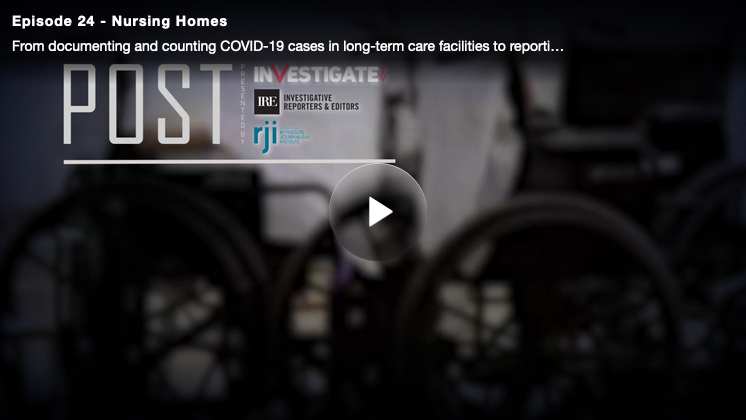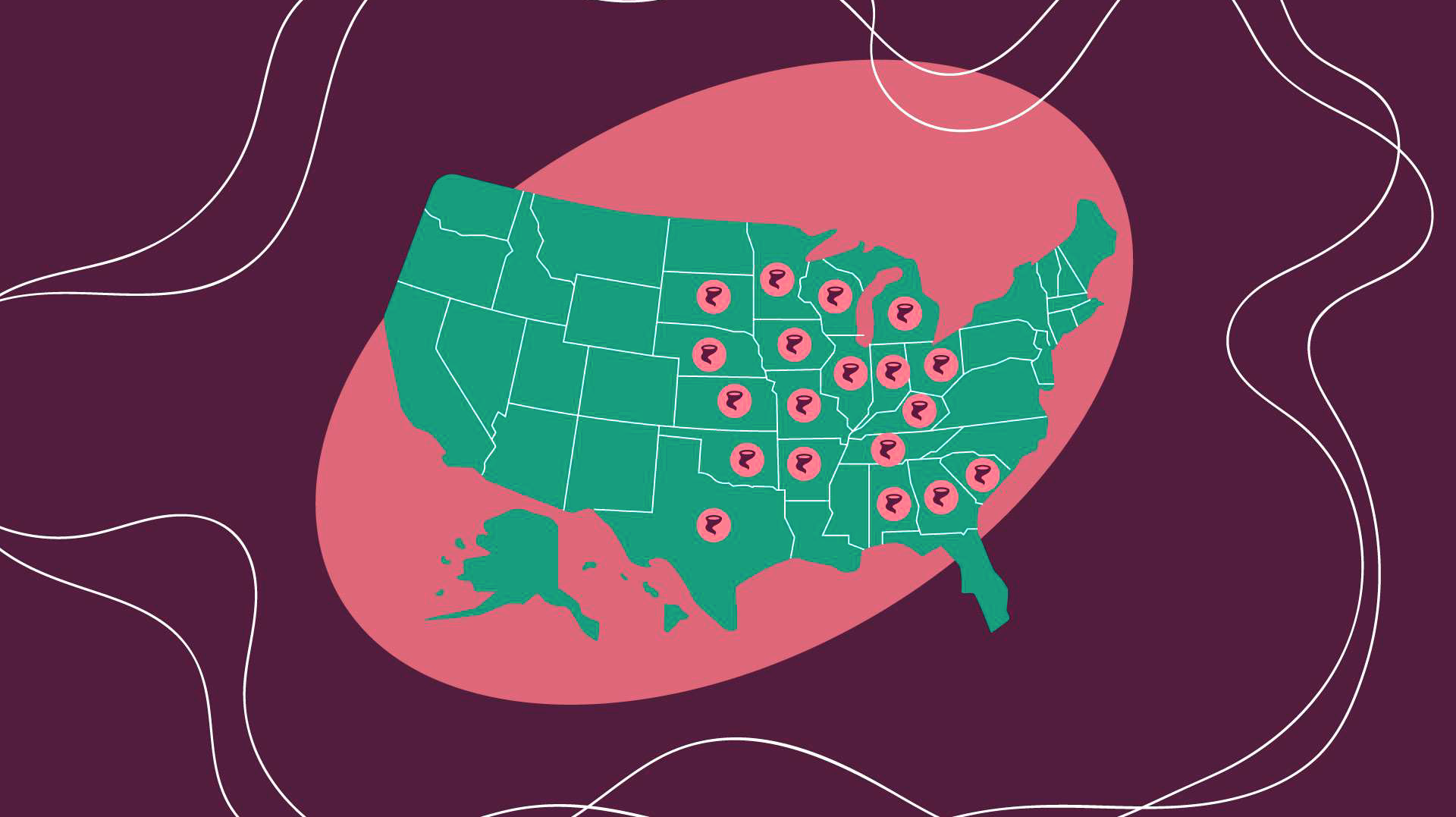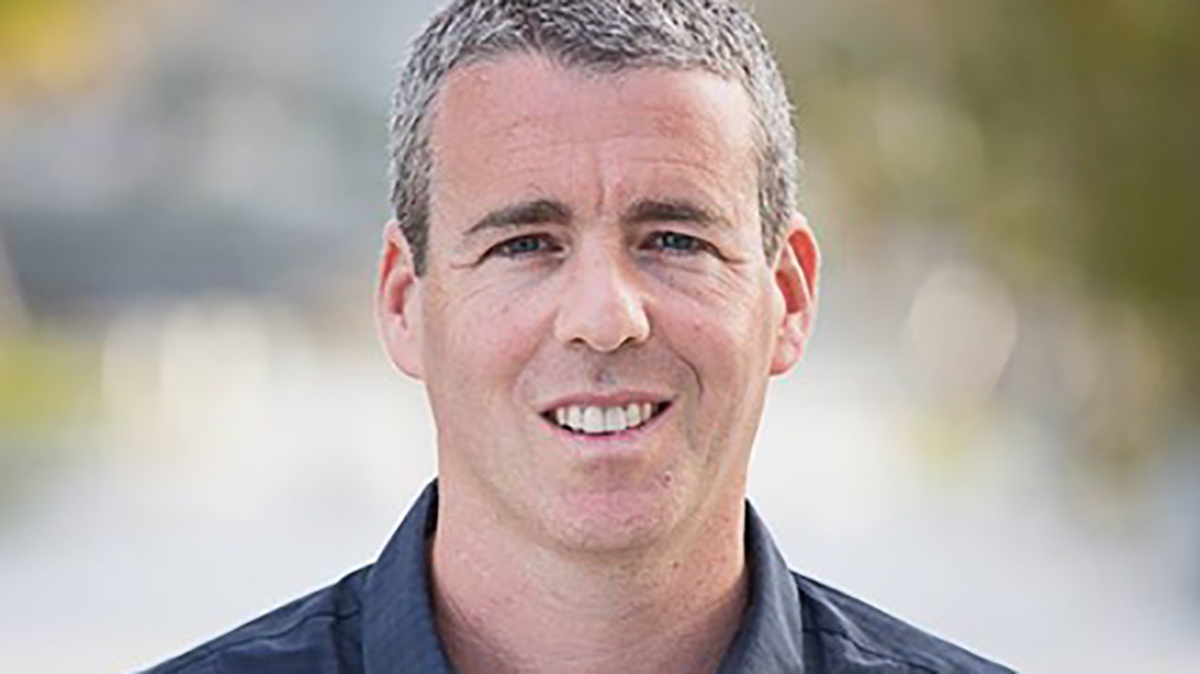
RJI news
Mikaela Rodenbaugh to join Reynolds Journalism Institute as senior editor
Mikaela Rodenbaugh, formerly a project manager for content innovation at Gannett, will join the institute as senior editor of the innovation team starting Nov. 8.
Making Agenda Watch useful to journalists across the country
Big Local News and the Reynolds Journalism Institute will make Agenda Watch a full-featured platform for journalists, one that provides the ability to research past agendas and minutes as well as subscribe to alerts based on topics and keywords relevant to a reporter’s beat.
Our first community conversation
Takeaways and feedback from our first conversation with communities in Chicago.
Post Episode 24: Nursing homes investigated during times of crisis
From documenting and counting COVID-19 cases in long-term care facilities to reporting on the hurricane evacuation of hundreds of nursing home residents to a warehouse, this episode of POST discusses reporting on vulnerable populations during crisis.
Why newsrooms should invest in animation
Animation adds new opportunities for engaging different audiences, and that could help your bottom line.
Mya Frazier giving voice to stranded, neglected victims of America’s credit system
2021 Watchdog Writers Group Fellow talks about her book-in-progress and the benefits of a good support system.
Michael Grunwald writing book on environmental crises with support from Reynolds Journalism Institute
In 2018, veteran journalist and bestselling author Michael Grunwald wrote an article for Politico about his family’s efforts to go green.
Shoshana Walter exposing exploitation-for-profit of people with addictions
With support from the Watchdog Writers Group at the Missouri School of Journalism, Walter is telling the stories of a mistreated and oft-overlooked segment of society.
How to become a mentor or sponsor
It can feel daunting and overwhelming to shape someone’s career. Here’s a few easy ways to get started.
Alt-text is journalism: Enhancing your reporting with accessibility
Learning to write alt-text can deepen your reporting and improve how you tell stories online.

